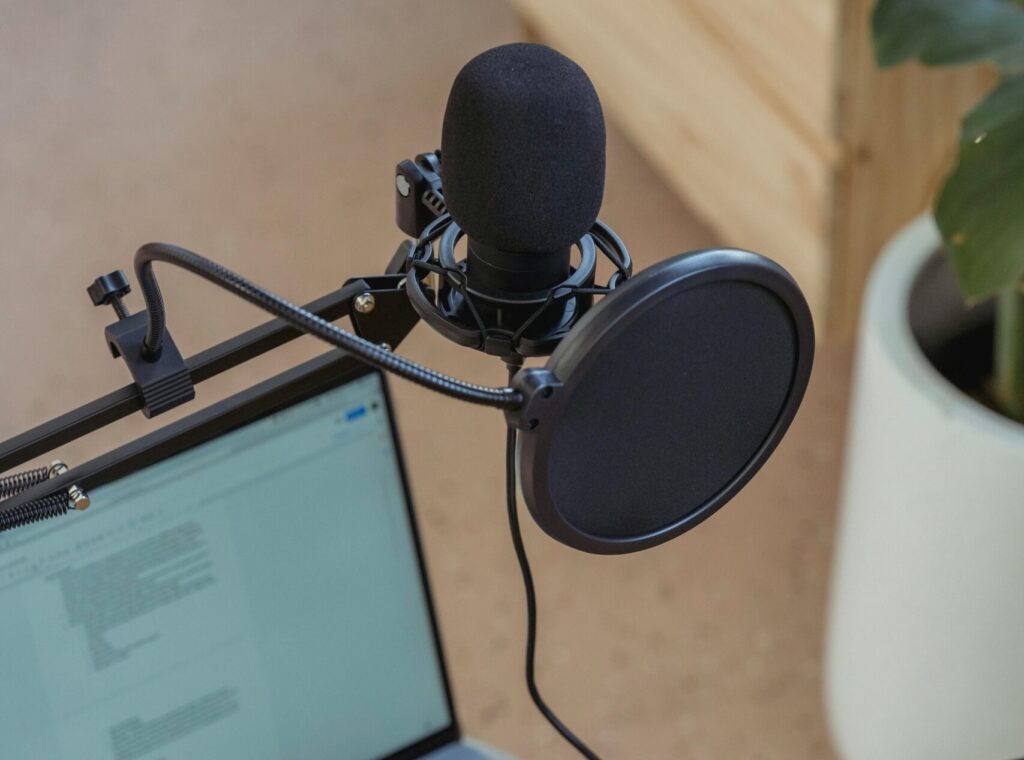An estimated 45 million Americans go on a diet each year. Of those 45 million, 50 percent stated they participated in a “fad diet.” A fad diet is marketed as the best and fastest way to lose weight. Often touted as the next “craze,” they only last a few months, leaving expensive supplements and specialty foods in their wake, never to be used again.
Although some fad diets have components of truth, they’re often marketed as one-size-fits-all, which can be very harmful. Forcing a diet when it’s not suitable for your body can be dangerous. We’ll dive into why fad diets are bad for you, how to spot them, and the best option for starting off a diet correctly.
Why fad diets can be harmful
While there are many positives to eating healthier and losing weight, when the cons of a diet outweigh the pros, it becomes an issue. Fad diets often don’t give your body the proper nourishment to maintain a healthy and happy life. Below are a few reasons why fad diets can be harmful.
- They can negatively affect your physical/mental health. Fad diets can create digestive issues like bloating, indigestion, and constipation, to name a few, as well as cause issues with your mental health. Cognitive function can decline because most fad diets are low in salt and glucose, which are crucial for normal brain function. They also increase stress levels, which can lead to depression, especially if the diet isn’t giving you the desired outcome.
- They can be expensive. Many diets claim that you must buy a particular type of supplement or that you need to throw away all your food and start fresh with specialty ingredients. This practice can be costly and wasteful, especially if you drop off your diet before it’s finished.
- They can end up causing weight gain. Fad diets may make you lose weight quickly for a brief period, but that’s usually just water weight. Once the diet is over, you typically regain that weight fast and in full.
How to spot a fad diet
Fad diets will be easy to spot as they are diets that become popular quickly and fade fast. However, sometimes they aren’t as obvious, and some are easier to spot than others. Here are a few key indicators you’re dealing with a fad diet.
- It claims you don’t need to exercise.
- It promises quick weight loss.
- It requires you to buy dietary supplements, typically labeled as “weight loss aids, fat burners,” etc.
- It’s very rigid and has you on an extreme eating schedule.
- It doesn’t have much evidence or many studies to back it up.
Some fad diets you might be familiar with throughout the years are the Keto diet, Whole30, Atkins, and juice cleansing, to name a few. These diets were trendy during their prime and even worked briefly for some people, but ultimately, they were not sustainable.
The best and safest way to start dieting
The best advice for someone wanting to start a diet is to consult a dietician. Dieticians are experts in food and nutrition and will be able to assess your weight, health, and current eating habits and create a diet plan that is best for you. They’ll then track your progress and make sure you’re staying healthy and still getting the essential nutrients your body needs. Utilizing these experts makes it easy to follow a plan while healthily achieving your desired results.







